Rheumatoid arthritis can occur in young people; early signs to watch out for
Rare, but rheumatoid arthritis can still occur in young people
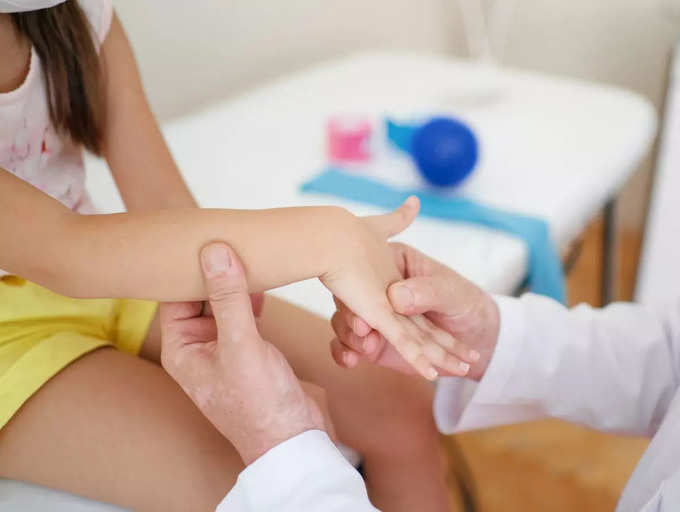
Arthritis, as many believe, is not just a disease associated with older age. Rather it can occur in people who are young and seemingly healthy.
While it is true that older adults are more likely to be diagnosed with this condition, younger adults can also develop it.
A study found that about 8 in 100,000 young adults between the ages of 18 and 34 have been diagnosed with rheumatoid arthritis (RA).
Although concerning, it does not necessarily mean that the young adults have to constantly live with their pain. There are many treatments to ease the discomfort and relieve the soreness that comes along with the disease.
But to better understand how, let us first learn more about RA.
What is rheumatoid arthritis (RA)?
Rheumatoid arthritis (RA) is an autoimmune disease that occurs when one's own immune system mistakenly attacks healthy tissues, affecting multiple joints and overall health. This is why it is also recognized as a chronic inflammatory disorder, which can damage a variety of organs including the skin, eyes, lungs, heart and blood vessels.
Know your triggers; what causes RA?
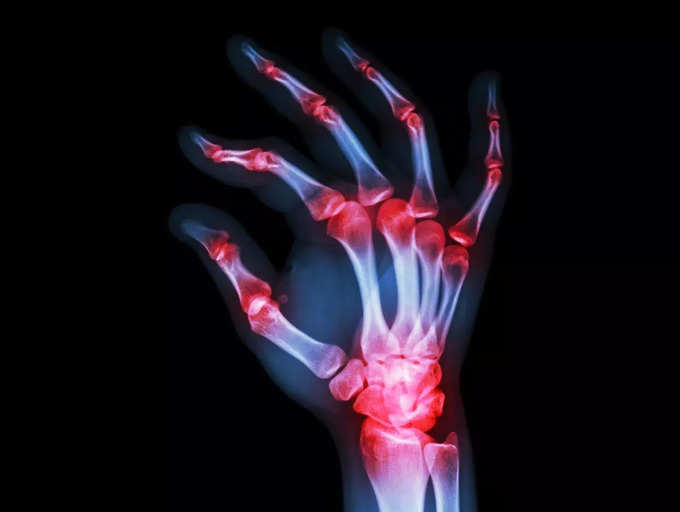
Our immune system is usually programmed to protect us from foreign pathogens, such as bacteria and viruses.
With an autoimmune and inflammatory condition as rheumatoid arthritis, the immune system fails to identify healthy bodily cells for what they are and mistakes them for foreign invaders, thus releasing inflammatory chemicals that attack those healthy cells and tissues.
In rheumatoid arthritis, your immune system attacks the synovium, the tissue lining around a joint that produces a fluid that helps joints to function smoothly. This leads to inflammation, causing tenderness, pain and swelling, making it difficult to move.
While researchers are yet to confirm why RA occurs in people at all, they believe it is linked to certain genes.
According to the Mayo Clinic, "While your genes don't actually cause rheumatoid arthritis, they can make you more likely to react to environmental factors - such as infection with certain viruses and bacteria - that may trigger the disease."
Although there is no possible cure, there are various treatments available. But to proceed with the treatment, one must first identify the symptoms.
Joint inflammation, pain and stiffness
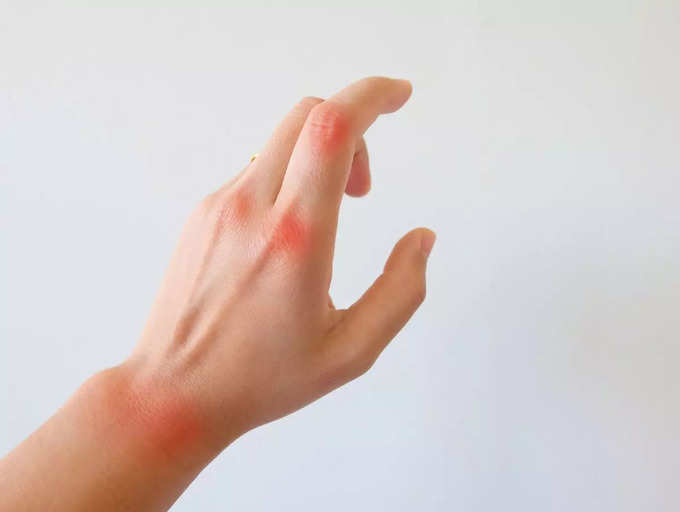
Rheumatoid arthritis is said to attack the lining of the joints, which causes pain and swelling that gradually leads to bone erosion and joint deformity.
That said, in the early stages of RA, people may not experience any redness or swelling, but may suffer from pain and tenderness.
According to Arthritis Foundation of India, some of the symptoms to note are as follows:
- Joint pain, tenderness, swelling or stiffness that lasts for six weeks or longer.
- Morning stiffness that lasts for 30 minutes or longer.
- More than one joint is affected.
- Small joints (wrists, certain joints in the hands and feet) are typically affected first.
- The same joints on both sides of the body are affected.
Fatigue, fever and appetite loss
Apart from the classic signs of RA, such as joint pain and swelling, the affected individual may experience fatigue due to the body’s response to inflammation. Experts believe fatigue associated with RA is different from general tiredness. People report it as an overwhelming and an unpredictable feeling.
Furthermore, low grade fever is also one of the rare symptoms of RA. This occurs when the body causes heavy inflammation of the joints.
As a consequence of the pain, fatigue and fever, one may also lose their appetite, leading to weight loss. This is when you must speak with your doctor and get yourself checked and treated immediately.
Pay close attention to the most affected joints
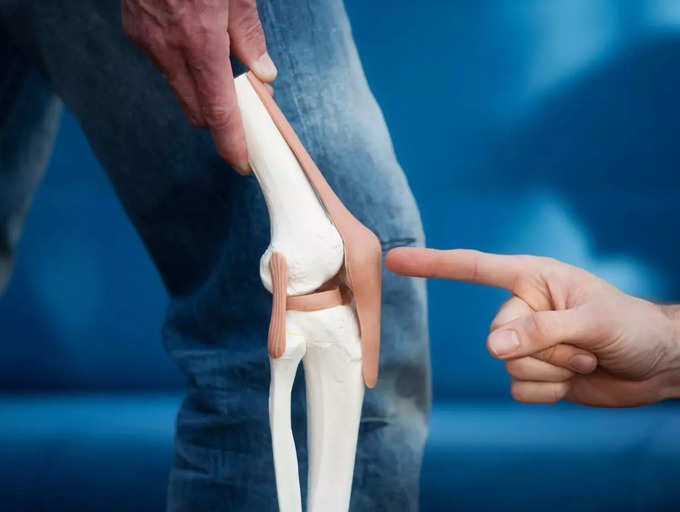
Rheumatoid arthritis can affect any joint with a synovial lining. However, it mostly affects joints that are used the most in a day to day setting. Some of the most affected joints include: fingers, which can affect grip strength, wrists, which also affects the forearm, knees, ankles and feet, which involves the joints of the toes and the balls of the feet.
Juvenile rheumatoid arthritis in young adults
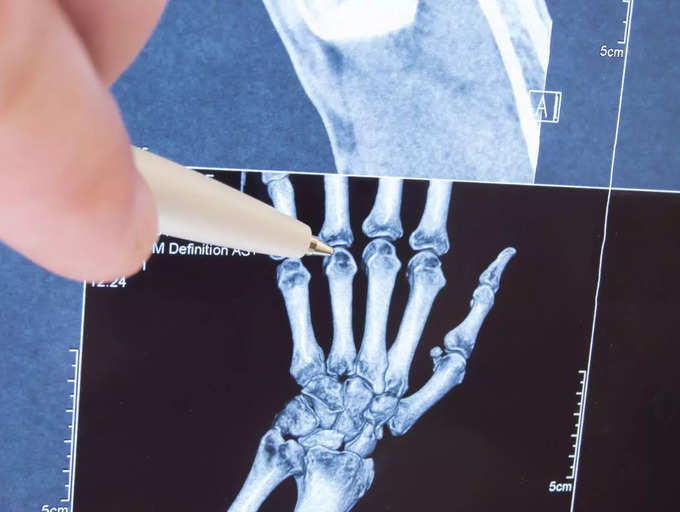
As discussed, rheumatoid arthritis also affects younger adults and more severely. They're more prone to having inflammation in the small joints of the hands and feet, bony erosions, and rheumatoid nodules.
This is also known as juvenile idiopathic arthritis, which is a type of RA (juvenile rheumatoid arthritis).
"Idiopathic" is a medical term that doctors use to describe a disease that has no known cause. Juvenile idiopathic arthritis is the most common kind of arthritis among kids and teens, which has a known cause, hence giving it the name.
Those who suffer with this condition experience pain and stiffness that comes and goes. Sometimes there may be instances of a 'flare up', which means the disease becomes more active and the symptoms worsen.
In some miraculous cases, the symptoms just go away with treatment, which is known as remission. However, in certain other cases, the condition can last for months and years.
Things to note
It is important to move around when you're suffering with a condition that causes inflammation of the joints.
Walking around, indulging in stretching exercises, and gentle massaging can help tremendously.
Furthermore, eating nutrient-rich foods, limiting oily, processed and unhealthy diets can help with the symptoms and maintain overall health.
Do not ignore mental health struggles in people living with rheumatoid arthritis, especially young adults who have to battle the serious consequences of the disease. It is important to have someone to talk about your experiences and convey your problems to someone you can trust.
Certain therapies can also help manage not just physical but emotional pain.